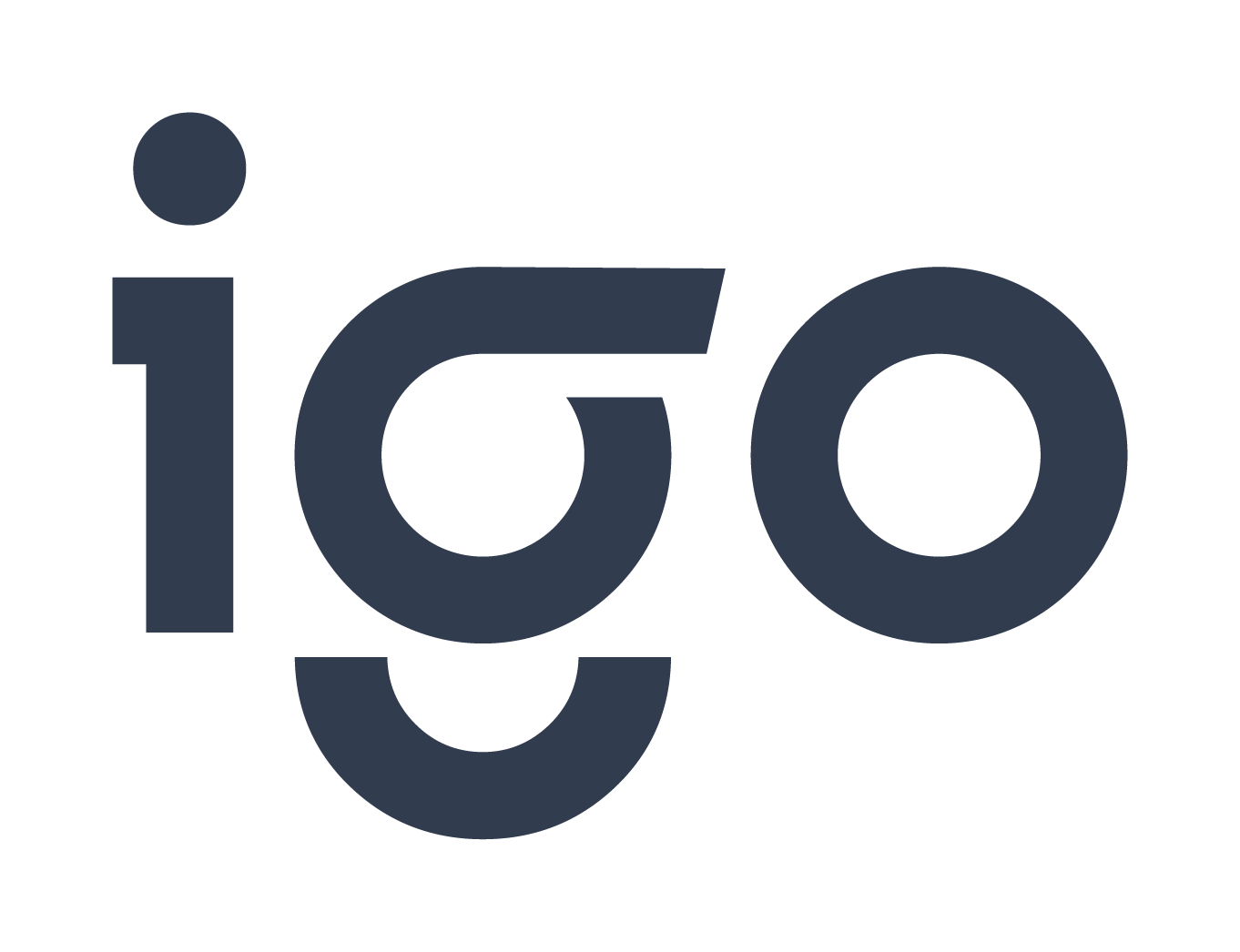Our solutions transform land management through immersive visualization, advanced integration of massive and heterogeneous geospatial data, and powerful analytical tools. Leveraging artificial intelligence and cutting-edge technologies, IGO facilitates the planning, management and optimization of territories with interactive and scalable digital twins.
Our advanced 3D solutions
To create a high-performance digital twin, a robust database is essential. IGO provides high-resolution textured 3D meshes from aerial or terrestrial photos. Data is collected and processed by IGO’s partners(GEOFIT, NEOGEO, SINTEGRA) or supplied by customers.
IGO then structures this data for advanced 3D processing. Thanks to artificial intelligence, IGO’s 3D solutions improve digital representations of territories and forecasts, even in the most complex cases. With 15 years’ experience in platform improvement and process optimization, IGO is proud to count many French territories among its references.
The plus
Precision
Ultra-precise visualization and analysis of territories.
Multiformat interoperability
Integration and use of various geospatial data formats, facilitating interoperability between different systems and software, whether proprietary or open source.
Performance
Architecture designed to manage very large volumes of data.
Innovation
15 years’ experience in improving processes and platforms; cutting-edge technologies, combined with AI, for digital representations of territories and optimal predictions.
IGO offers a customized platform for operating the digital twin. It enables the visualization and simulation of different scenarios, as well as their evolution over time. Understanding reality in a virtual environment encourages collaboration and aids decision-making.
Business software
to simulate and visualize your project
Immersive 3D visualization
- Fluid navigation in realistic, interactive environments.
- Support for large datasets (point clouds, BIM models, photogrammetric models, DTM/DOM).
- High-resolution display with dynamic management of detail levels.
Advanced spatial analysis tools
- Multi-format integration: satellite images, vector data, terrain models, real-time feeds.
- Simulation tools: visibility, altimetry, sunlight, 3D measurements, etc.
- Live data annotation and editing.
Collaborative sharing
- Simultaneous work on shared projects between stakeholders.
- Publication of interactive scenes.
- Interoperability with reference GIS (ArcGIS, QGIS, ESRI).
Software used: Skyline Terra Explorer, ESRI
The web platform
to reach as many people as possible
Real-time 3D visualization
High-fidelity streaming of terrain models, buildings and other infrastructure …
Dynamic data integration
Compatibility with various geospatial data sources (satellite images, LiDAR data, IoT…) to create detailed, interactive representations, updated in real time.
Multi-formats
Handles all types of data formats (JSON, CZML, 3DTiles, glTF 2.0, LAZ, PNT.).
Advanced analytical skills
Measurement, simulation (sunshine, flooding, pollution) and integration of AI algorithms.
Software used: Cesium
Virtual and augmented reality
to visualize your project in a real-life environment
Advanced 3D rendering
Visualization of 3D photogrammetric content over large territories in high resolution with high realism on multiple platforms (PC, Mac, Linux, SmartPhone, Tablet, VR headsets, AR,…).
Cross-platform compatibility
Can be combined with VR headsets (Meta Quest, HTC Vive, etc.) and AR solutions (Hololens, ARKit, ARCore).
GIS and BIM integration
Possibility of exploiting geospatial and BIM data (via plugins such as Cesium for Unity, ArcGIS Maps SDK).
Physics and simulation
High-performance physics engine for simulating dynamic environments.
Open Source interoperability
Compatibility with tools such as OpenXR, WebXR, ROS for robotics, and digital twin frameworks (e.g. Digital Twin Definition Language – DTDL).
Open-source community
Active open-source community, with contributions from numerous developers and organizations.
Software used: Unity
The plus
Precision
Highly accurate visualization and analysis of 3D city and regional data.
Simulation and storyboarding
Scenario modeling and decision-making support in areas such as urban planning, mobility and natural hazards.
Interoperability
Easy integration of heterogeneous data and standard GIS/BIM formats. Compatibility with other technologies.
The hosting solution
IGO offers a solution for distributing and hosting 3D data. Interoperable with all open source and vendor solutions on the market, it provides fluid, secure access to your geospatial data, while integrating precise repositories.


